There’s a certain rhythm to life in the bush — one that can’t be rushed or predicted. And for many guests at Shumbalala Game Lodge, the most meaningful moments aren’t always the ones that make it onto Instagram. A real safari is about more than ticking animals off a list. It’s about the process — the waiting, the watching, the wondering.
Our tiny heroes - Little creatures that make all the difference
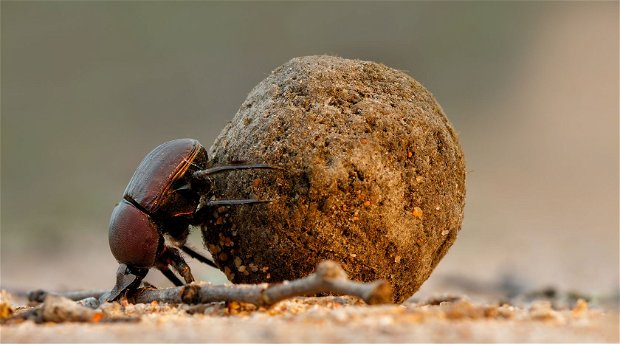
South Africa boasts a rich diversity of amazing animals that are well-known and universally sought after by safari-goers. Some are unique, others are rare, many are simply beautiful to behold, and all play an important role in our natural ecosystem. But if we adjust our focus and turn our eyes to some of the smaller creatures that share our environment, we find a host of lesser known (and often unloved) species that play such pivotal roles in our ecosystems that we really couldn’t get by without them.
There’s an Afrikaans saying, ‘Onbekend is onbemind’, which translated means, ‘Unknown is unloved’. These tiny heroes don’t always get a lot of love, but we hope that in getting to know them, their habits, and the roles they play in maintaining the natural world we work so hard to conserve, you’ll learn to appreciate them as much as we do.
Bees:
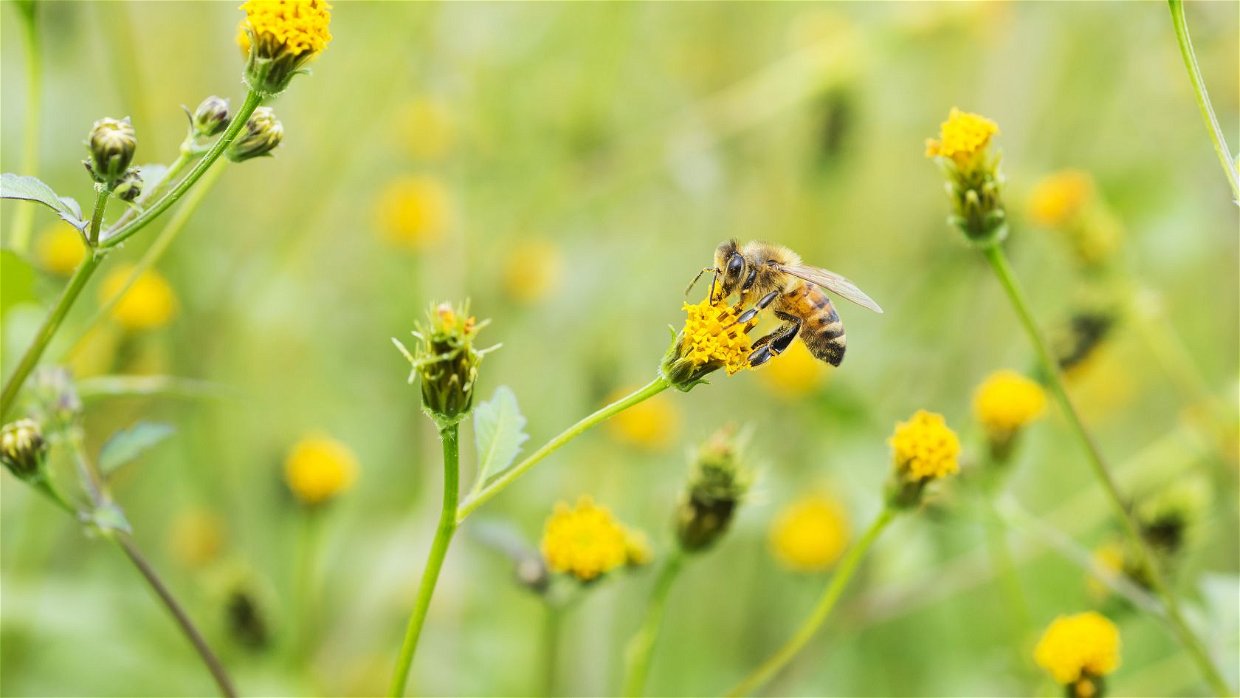
Bees play an important role in human lives. In fact, in his book, The life of the bee, Maurice Maeterlinck states that “If the bee disappeared off the surface of the globe then man would only have four years left to live”. That’s a pretty scary thought, but what’s it got to do with an African safari? Well, in short, everything!
Can you imagine staying at a lodge that doesn’t serve up delicious food, including fruit, vegetables, tea and coffee? Or that doesn’t have honey? Our food’s food also needs pollinating, so we wouldn’t have meat either. Food choices at luxury safari lodges would be extremely limited without bees pollinating the crops and feeding the animals our incredible chefs rely on to create their culinary masterpieces.
And it’s not just our bellies that need filling for a successful safari. Bees are important pollinators of flowering plants in the African bushveld, including many of our grasses and trees – the very plants that feed the giraffes, kudus, zebras, rhinos and other herbivores that, in turn, feed our predators, all of whom make up the quintessential image of Africa that visitors come to experience. It’s the circle of life, and it wouldn’t keep spinning without the humble bee.
While our wildlife might be the first thing you think of when you imagine an African safari, anyone who’s visited the Lowveld knows that the scenery can leave as much, if not more of an impact. That iconic sunset over the savannah wouldn’t exist without bees, who perpetuate and nurture floral growth, creating attractive habitats for birds, animals, other insects, and of course, us.
Termites:
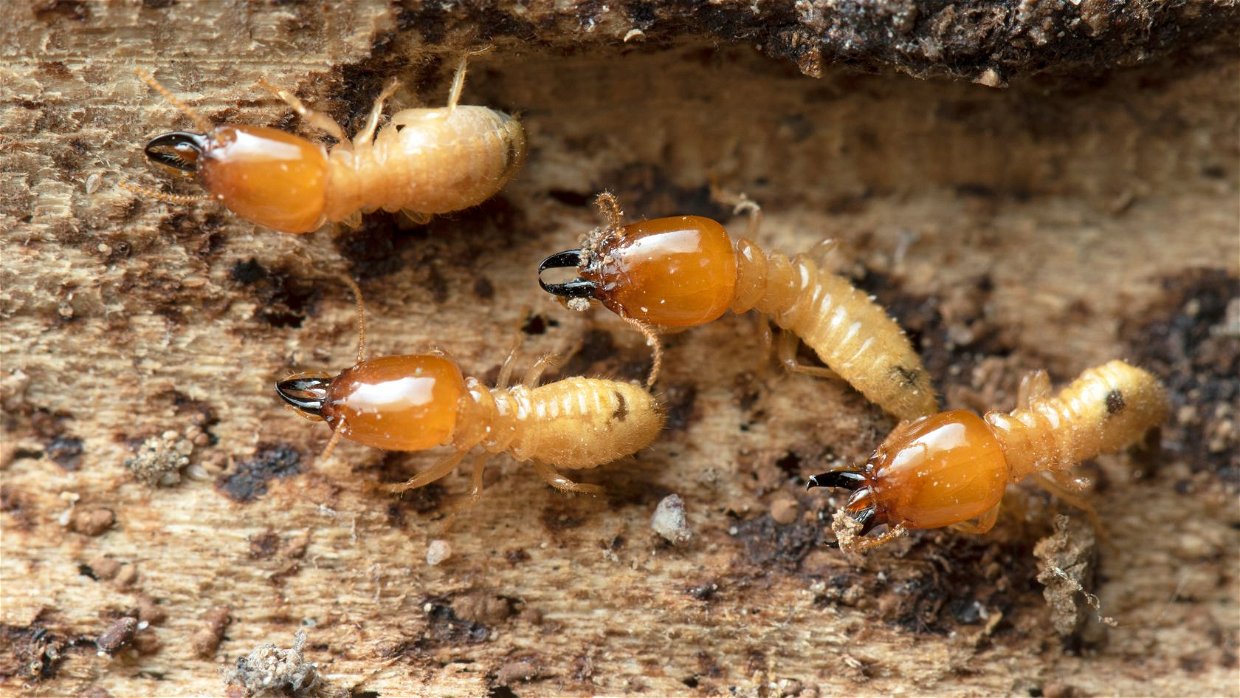
Just the sight of the word probably made many of you think ‘pests’, but surprisingly, of the nearly 3000 species of termites in the world, less than 1% can be regarded as pests. The remaining 99% of termite species offer incomparably beneficial services to the majority of the world’s ecosystems. They feed on grass, wood and other plant materials, assisting in the processes of nutrient cycling and soil formation.
In short, by bringing organic material into their mounds, they enrich soil quality, and their complex underground networks promote water infiltration. This enhances the productivity and stability of African savanna ecosystems. All that dead plant stuff and animal dung they pick up and bring home increases the nutrient content and fertilizes the soil on and around their mounds. This encourages new and varied plant growth, which in turn supports more animals. They may be pests in your garden, but our natural world would be lost without these tiny tireless workers.
Dung beetles:
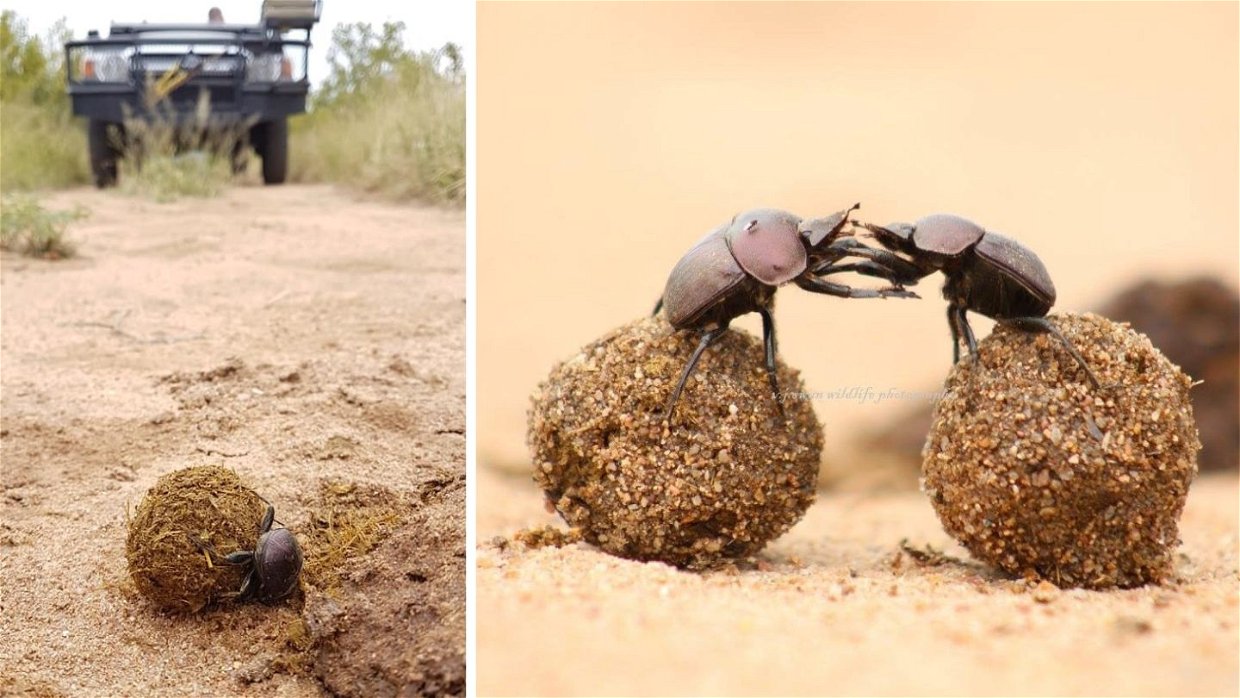
Like termites, they help to put important nutrients back into the soil, which fosters plant growth. But unlike termites, they only have eyes for one thing: poop. And we should be thankful for their focus; it’s often claimed that were it not for dung beetles, the plains of Africa would literally be knee-deep in animal dung!
Thankfully, there are a lot of dung beetles out there - approximately 780 species in South Africa alone. They vary in size from the tiny 5mm-long species to the much larger 50mm species, and are separated into four distinct groups according to how they dispose of the dung they love. Some bury their dung balls on site, some roll them away for burial, others climb inside and breed within their dung balls, and the rest just wait to steal the dung balls others have made. Honestly, who needs reality TV?
Geckos:
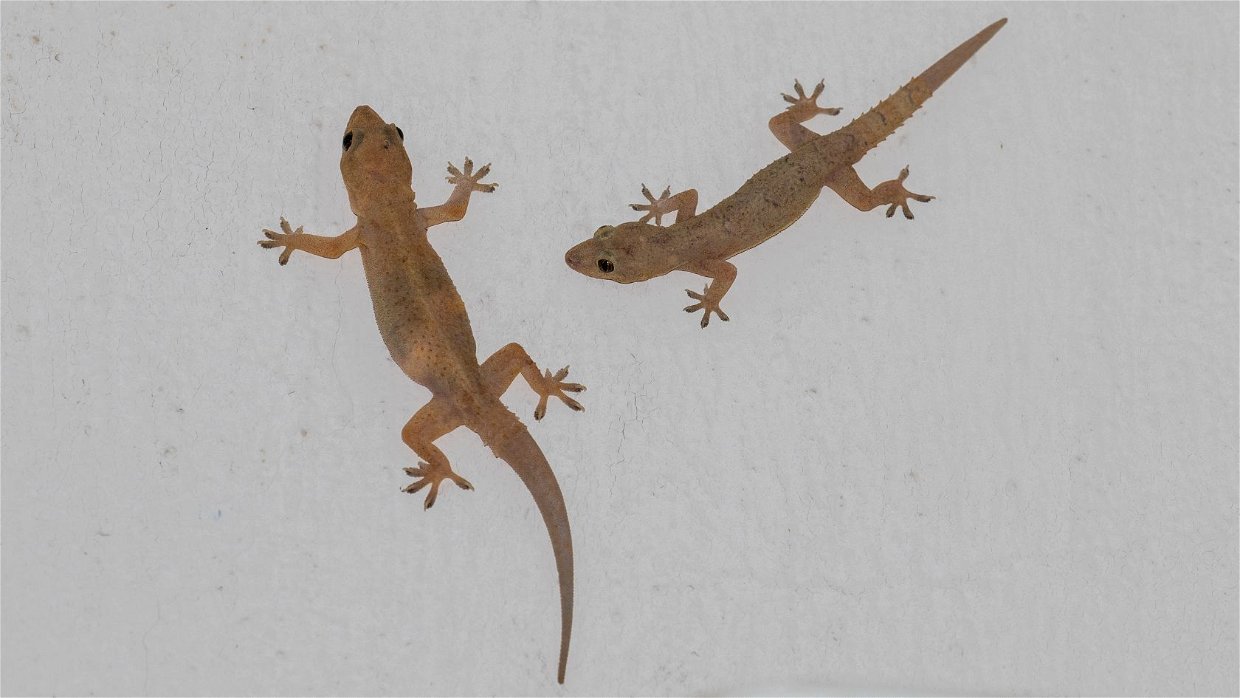
The likelihood of finding a gecko in your suite on safari is quite high, so if you’re not a gecko lover (yet), you may be surprised to learn how awesome they are. Many people are scared of geckos, but they’re really some of the coolest and most helpful roommates you’ll meet on safari. These nocturnal hunters eat all those creepy crawlies you’d rather not share a room with: spiders, flies, mosquitoes, moths and beetles. The fact that they seem to be able to stick to any surface is the reason they’re able to hunt the way they do, getting into places other insect eaters struggle to reach.
Despite common belief, their feet aren’t actually sticky. Their ability to scale almost any surface at any angle is because of temporary attractive forces between tiny molecules on their feet and tiny molecules on the wall. It’s called Van der Waal’s forces, and it’s quite a nifty tool that enables geckos to wait for their prey in the oddest places.
Frogs:
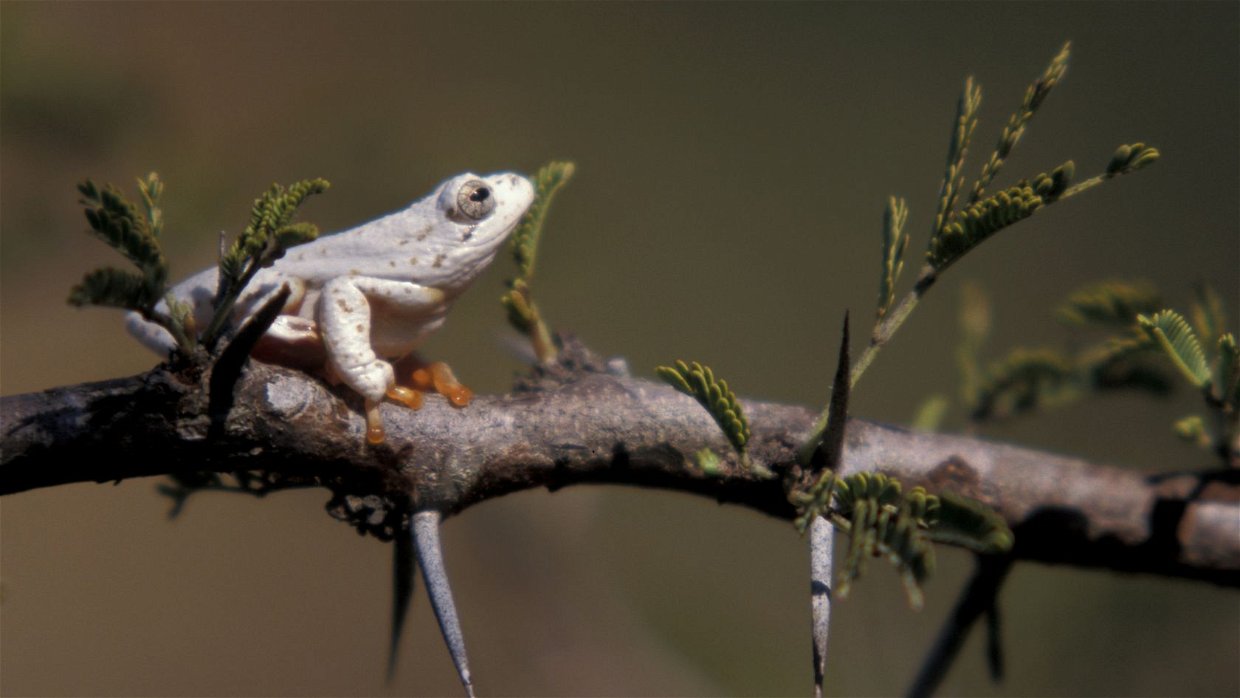
Sure, frogs are very good at keeping levels of insects and mosquitoes and other potentially disease-spreading invertebrates in check, but is that enough to group them with our other tiny heroes?
Of course! But frogs are also key players in the ecosystem and serve as a beneficial conservation tool since they can be used to evaluate the health of habitat. How? Well, they’re ‘bio-indicators’ – living things that tell us about the state of our environment. As a species, they’re incredibly sensitive to the slightest changes, so their population dynamics can tell us a lot about the health of an ecosystem and alert us when that ecosystem is under threat. This is an incredibly helpful tool for those of us working to manage and maintain the health of the natural world for future generations to enjoy.
Every creature you experience on your safari, no matter how big or small, plays a vital role in maintaining the delicate balance of nature. So if you’re lucky enough to visit our beautiful country and enjoy our wild and wonderful places, keep an eye out for some of our tiny heroes – these tireless creatures working away at keeping our natural world extraordinary and working as it should.
Further Reading
If you’re planning your honeymoon and find yourself torn between golden beaches and something a little different, you’re not alone. The beach is a classic choice — but we’re here to let you in on a little secret: A honeymoon in the bush is something magical. And at Shumbalala Game Lodge, in the heart of the Thornybush Private Nature Reserve, it might just be the most romantic escape you never knew you...
At Shumbalala Game Lodge, some mornings come with coffee and a view. Others come with coffee and elephants. You never quite know which — and that’s part of the magic. The birds are calling, the air is crisp, and the day begins slowly, just as it should in the bush. Then, through the thickets, the unmistakable sound of movement. A soft crackle of leaves, the low rustle of branches — and then,...

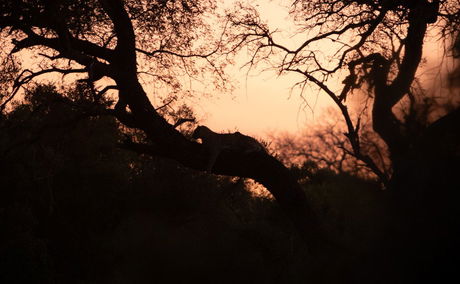

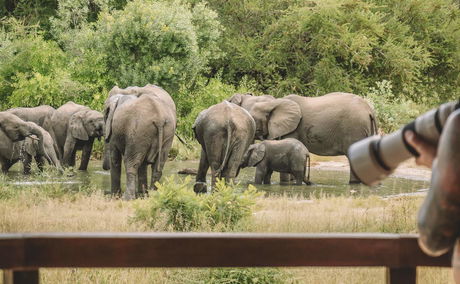


Share This Post